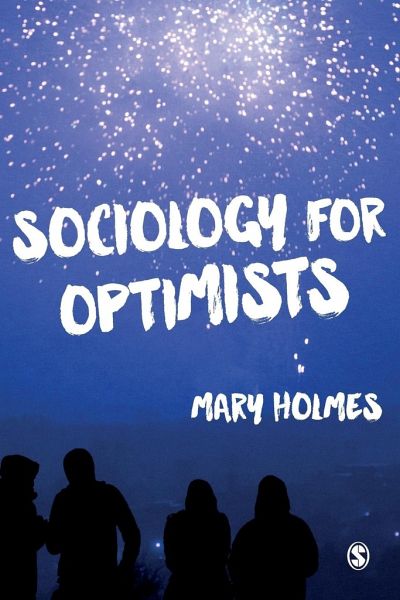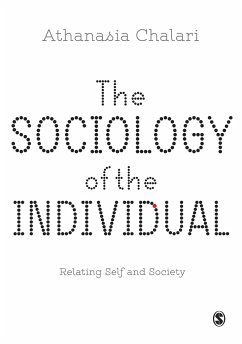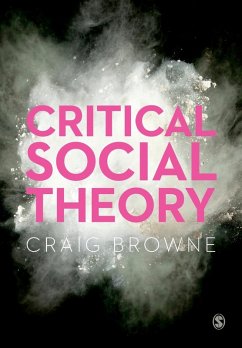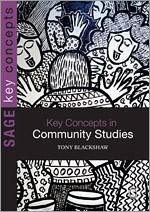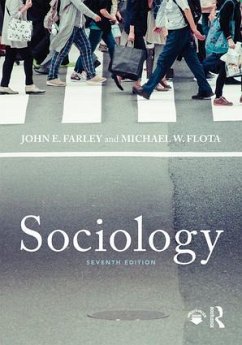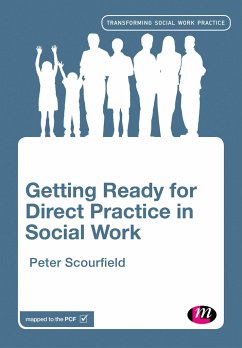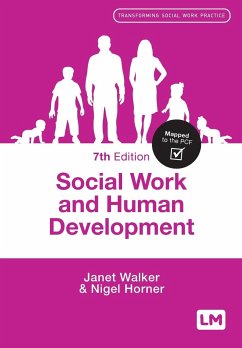Mary Holmes
Broschiertes Buch
Sociology for Optimists
Versandkostenfrei!
Versandfertig in 1-2 Wochen
Weitere Ausgaben:

PAYBACK Punkte
20 °P sammeln!





Mary Holmes shows how an optimistic sociology can help us think about and understand social problems and positive social change. The perfect companion and/or antidote to studying sociology.
Mary Holmes is a sociologist at the University of Edinburgh. Her research is in the areas of sociology of emotion, intimacy and relationships and political sociology. She has taught sociology in Scotland, Australia and New Zealand. Her recent books include Distance Relationships: Intimacy and Emotions Amongst Academics and their Partners In Dual-Locations (Palgrave Macmillan, 2014) and Heterosexuality in Theory and Practice (with Chris Beasley and Heather Brook, Routledge, 2012).
Produktdetails
- Verlag: Sage Publications Ltd
- Seitenzahl: 178
- Erscheinungstermin: 1. Dezember 2016
- Englisch
- Abmessung: 234mm x 156mm x 10mm
- Gewicht: 284g
- ISBN-13: 9781446268681
- ISBN-10: 1446268683
- Artikelnr.: 45174802
Herstellerkennzeichnung
Libri GmbH
Europaallee 1
36244 Bad Hersfeld
gpsr@libri.de
Sociology can be an inherently pessimistic discipline. After all, much still needs to be done for a fairer more equal society. Whilst she does not deny the distance we still have to go, Holmes argues for a more optimistic view of the social world, one which foregrounds how far we have come and imagines how things could be better. Questioning the overt focus on social problems opposed to social questions, she highlights how sociologists have pathologised social life and argues how we might see things differently. Taking a journey through a whole range of topics such as equality, relationships, freedom and even sociology, Holmes charts the history of core sociological ideas and begins to highlight the ways in which critical optimism can imagine new possibilities in the field. Arguing that pessimism limits the sociological imagination, Holmes provokes the reader to explore more optimistic ways forward through combining historical insight and provocation of new ways of thinking. This book would make a useful complement to any reading list to spark debates and research that explores the possibilities of a more optimistic future for sociology.
Jon Rainford
Jon Rainford
Für dieses Produkt wurde noch keine Bewertung abgegeben. Wir würden uns sehr freuen, wenn du die erste Bewertung schreibst!
Eine Bewertung schreiben
Eine Bewertung schreiben
Andere Kunden interessierten sich für




